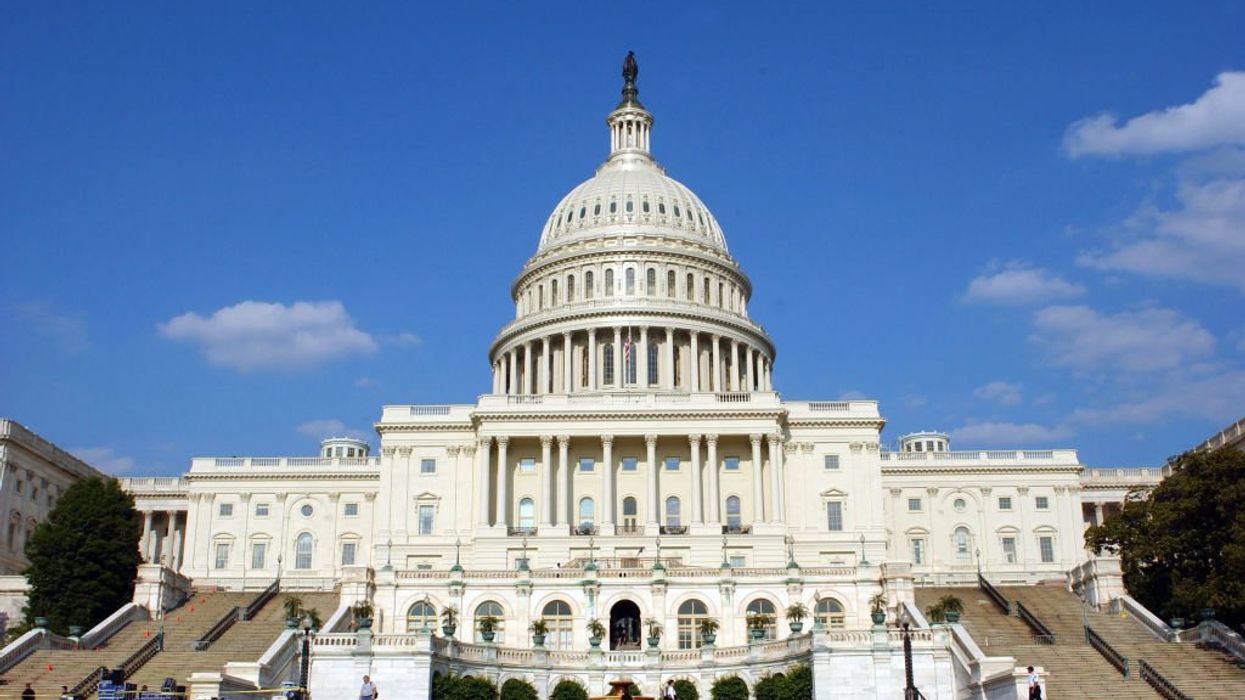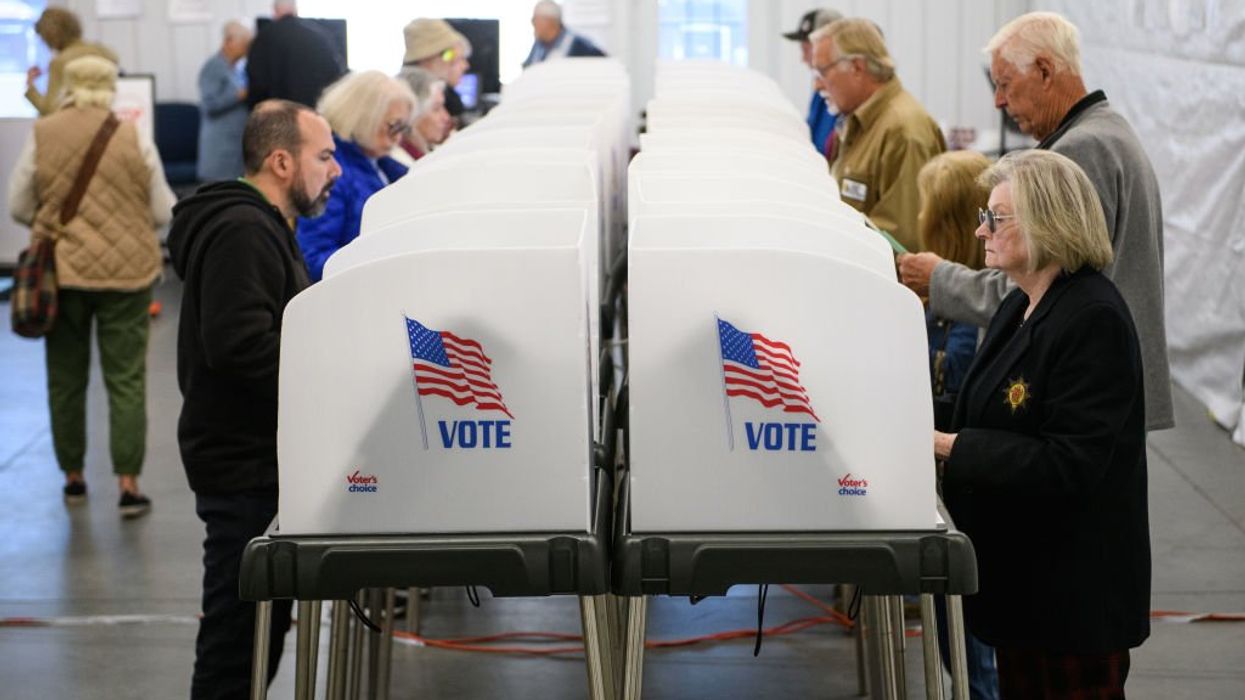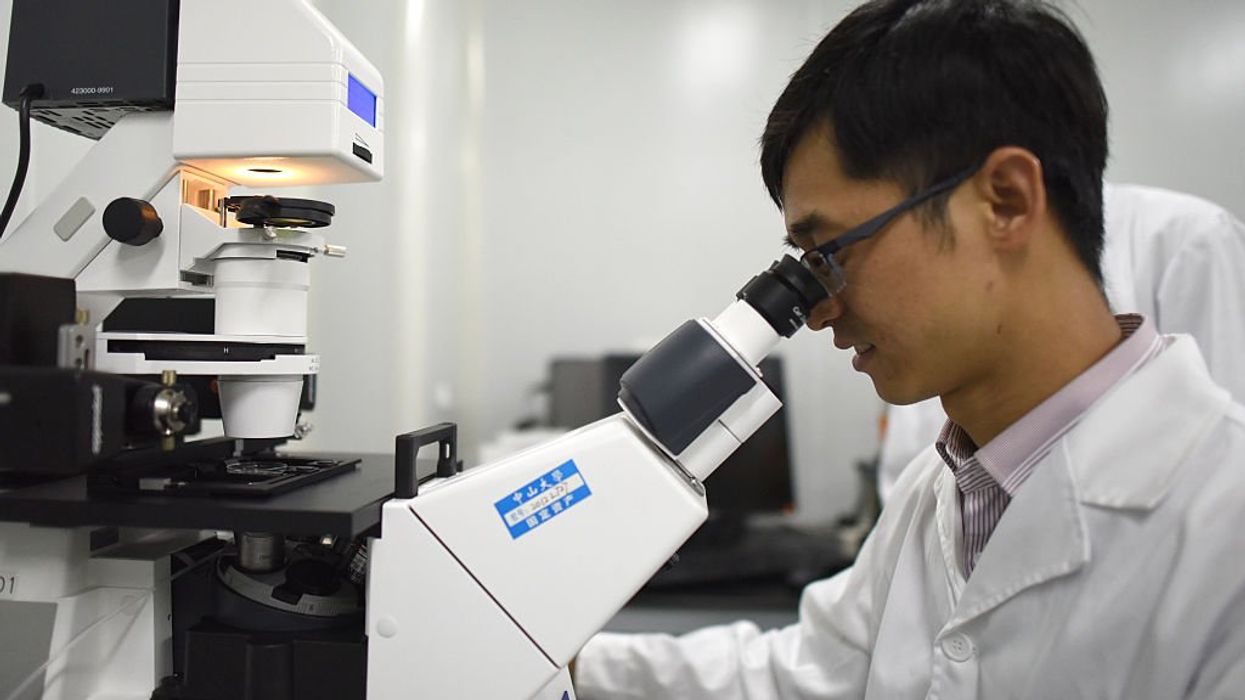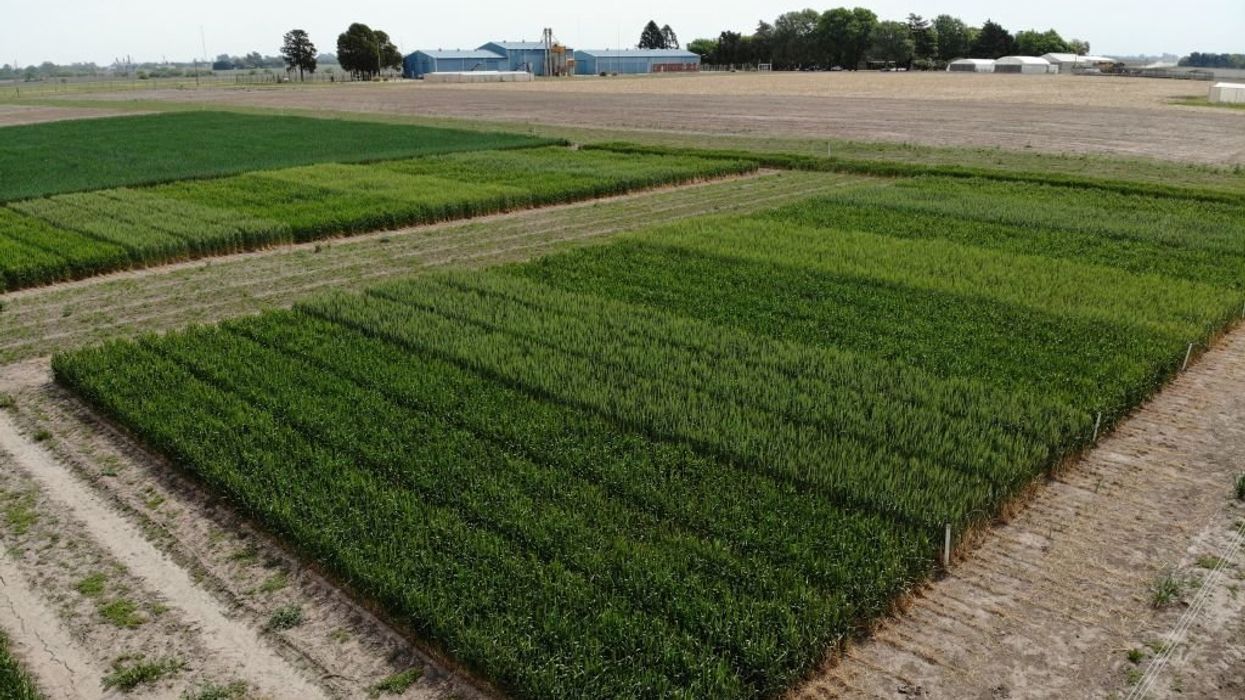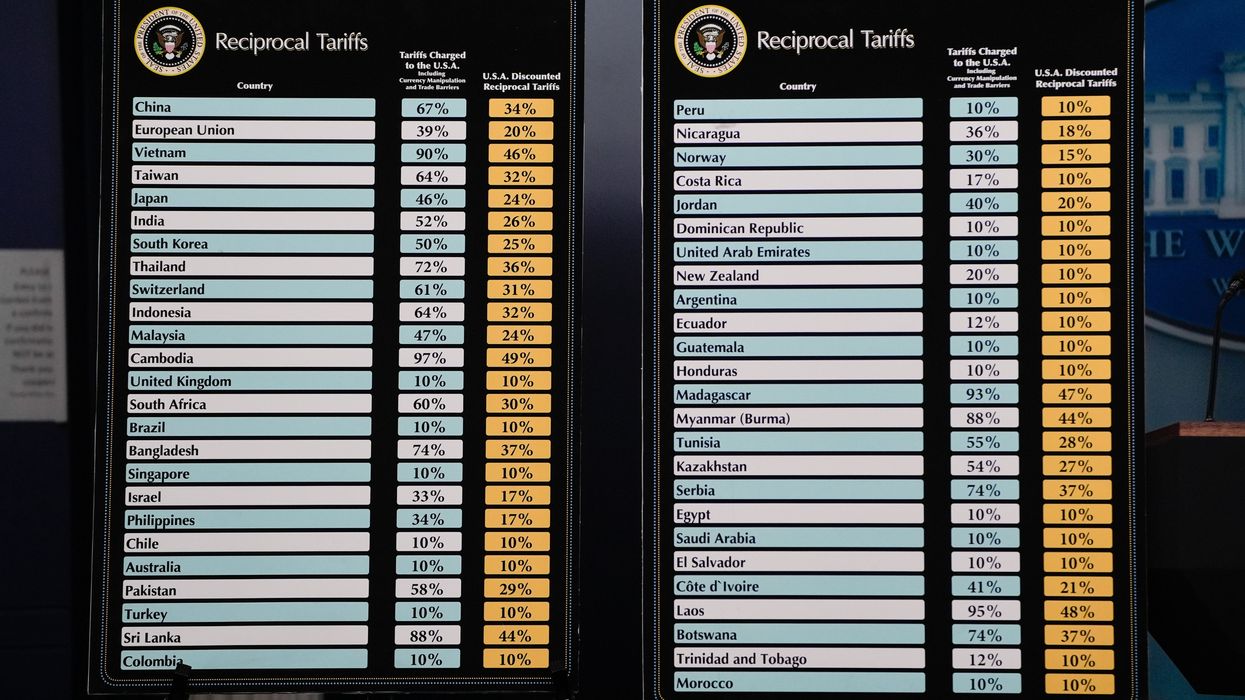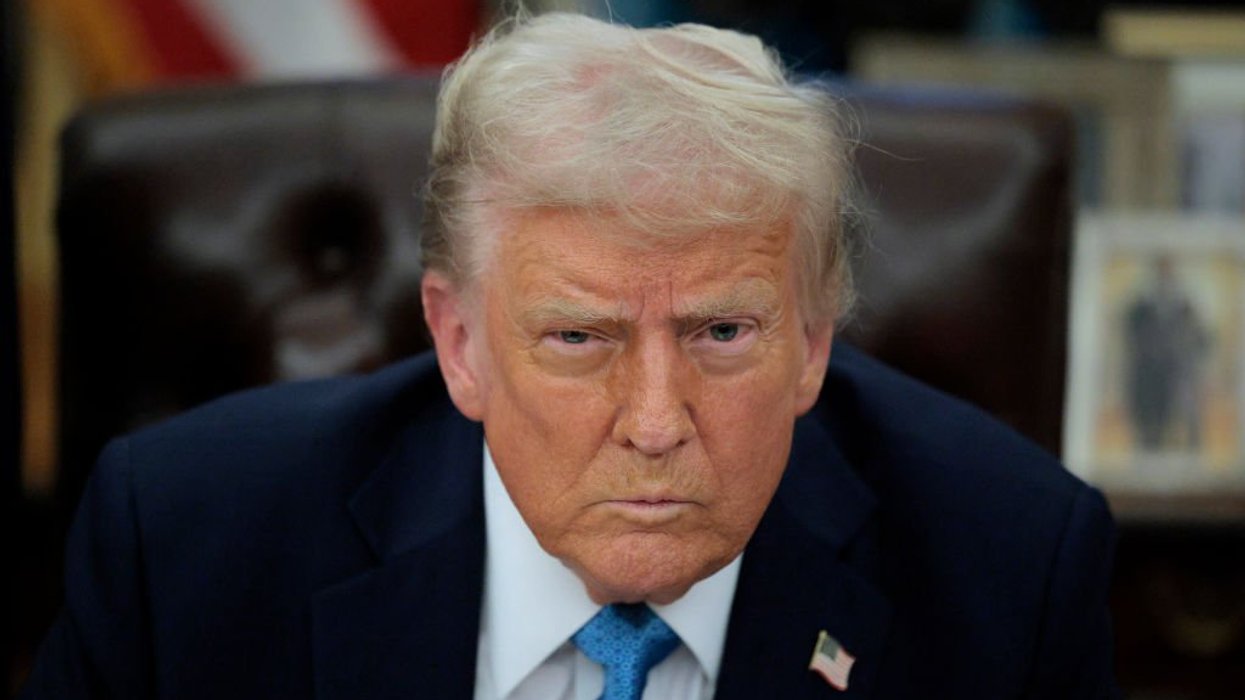As the World Economic Forum continues to meet in Davos about building a more "sustainable" future, Glenn's warning on a seemingly outlandish sustainability goal is becoming reality: eating bugs!
In its 2023 Global Risks Report, the World Economic Forum called for the "transition to net-zero, nature-positive food" to fight "food insecurity." In other words, the WEF imagines a future with minimal meat and maximum "zero-emissions food"—like bugs—as consumers' main source of protein. This is a part of "the Great Reset," the agenda proposed by the World Economic Forum in 2020, urging leaders to take advantage of the COVID-19 crisis to restructure the "world order" to bring about a leftist Utopia.
SHOP: Trigger leftists and amuse your friends with 'Eat Ze Bugs' socks (while supplies last)
Major news outlets like the BBC have promoted insect farms as a sustainable food source to "reduce the reliance on everyday meat eating."
Courtesy of the BBC
So what's the big concern about eating bugs? As the video points out, many cultures throughout the world have been eating insects for centuries—many consider them a delicacy! The issue with the WEF's push for insects isn't merely the option to eat bugs. If someone wants to munch on some grasshoppers, nothing is stopping them! The major concern is the way in which the WEF wants to mandate insect consumption, and, consequentially, destroy the beef industry.
According to the same 2023 Risk Report, the WEF calls for "radical policy measures" to bring about the food transition to zero-net-emissions food, like insects. This means imposing such a burden on the dairy and cattle industries that it renders them impossible to function, paving the way for a new insect industry.
In the Netherlands, the EU's largest food exporter, the government is forcing the farmers to sell their land to the state unless they reduce the amount of nitrogen fertilizer used. However, without nitrogen fertilizer, it is nearly impossible for the farmers to produce enough food to feed the nation, not to mention turn a profit. Moreover, without nitrogen fertilizer, it will be impossible for cattle farmers to produce enough food to feed their cows. This is an impossible burden for farmers to bear, and they often capitulate and sell their land to the government, paving the way for a burgeoning insect industry. Is it any coincidence the EU is pushing for insects as a means of "food sufficiency" and combatting climate change?
If you think eating insects is a novel issue from across the pond, think again. There is a growing push for a "beef tax" in the U.S. to disincentivize beef consumption and incentivize alternative "sustainable" protein sources...like bugs. According to 2021, data, U.S. beef is a 79-billion-dollar-per-year industry, employing million across the U.S.'s 700,000 cattle farms. These stats don't even include the U.S.'s dairy industry. If the global environmentalists have their way, this major U.S. industry will be wiped out, wreaking havoc on our economy. Yet this government control over the "everyday person's" consumption is all too tantalizing.
As the World Economic Forum convenes in Davos to discuss how to achieve their "sustainable utopia," Glenn continues to advocate for the free market and the ability to choose our own consumer goods, rather than giving global elites the power to consolidate and mandate their "approved goods" for widespread consumption. Though consuming insects may seem like an outlandish idea that has no impact on our daily lives, it is a part of a larger movement to control our way of life to achieve a more sustainable future, threatening both our economy and our basic freedoms.

